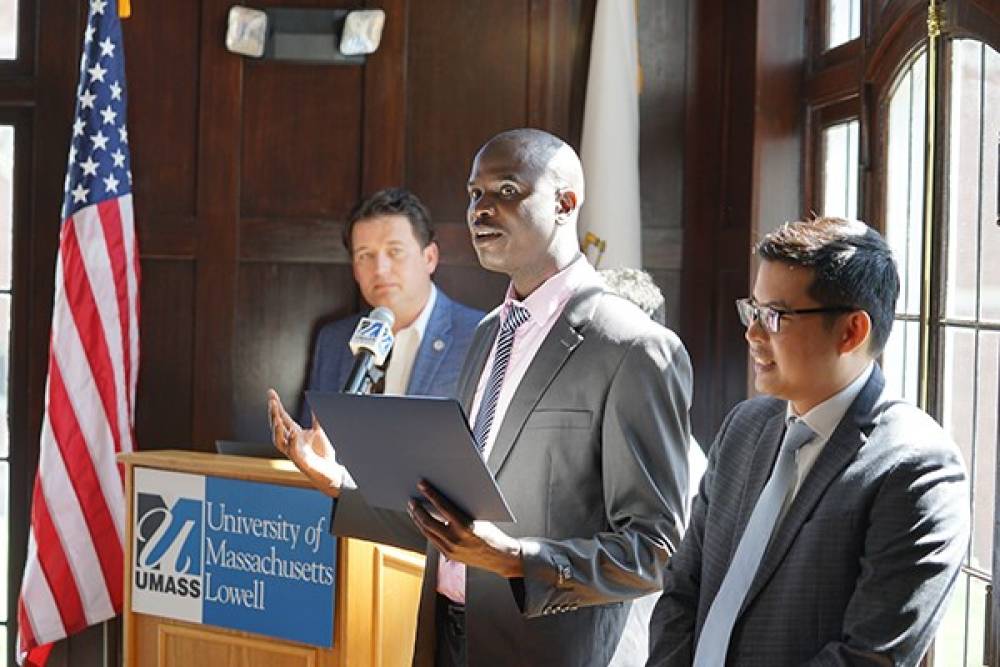x
s
u
n
f
e
r
t
i
l
i
z
e

